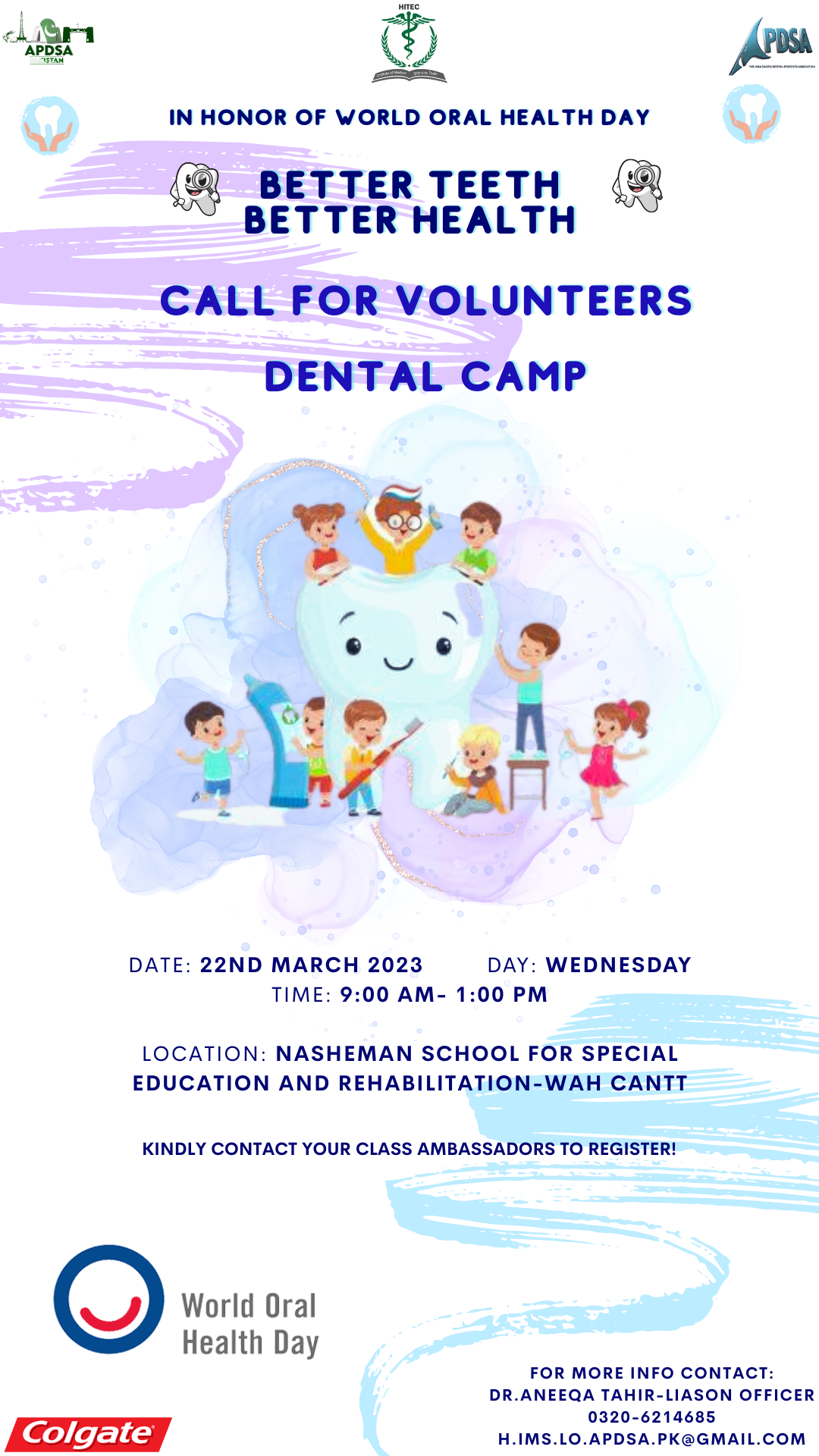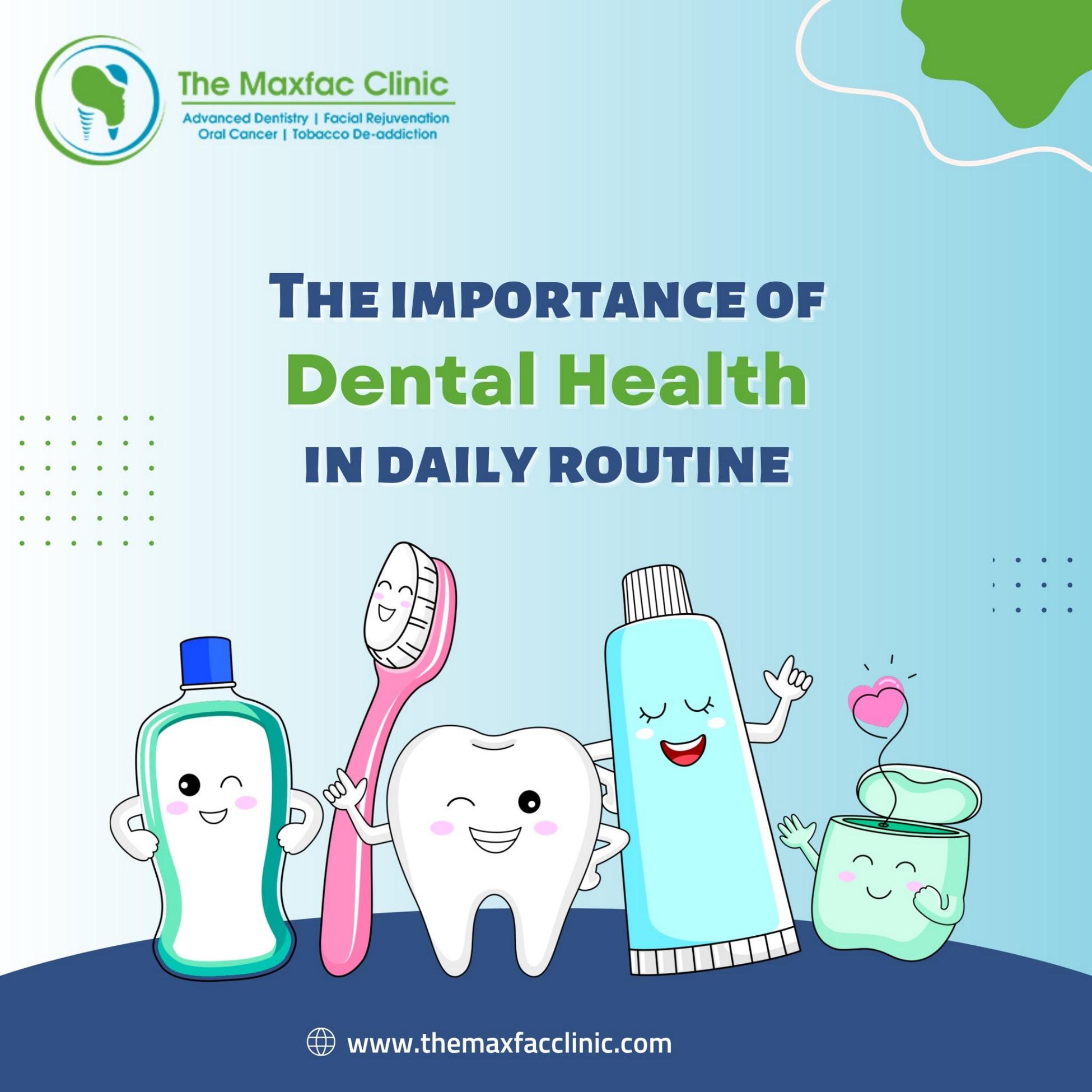
Optimal Oral Health: Effective Dental Care Practices
Maintaining good oral health is fundamental for overall well-being. Explore essential oral health practices that contribute to strong teeth, healthy gums, and a confident smile.
Brushing Techniques for Healthy Teeth
Proper brushing is the foundation of effective dental care. Use a soft-bristled toothbrush and fluoride toothpaste. Brush at least twice a day, using gentle, circular motions. Pay attention to all surfaces of your teeth, including the gums and tongue. This helps remove plaque, prevent cavities, and promote overall oral hygiene.
Flossing: The Key to Gum Health
Flossing is often overlooked, but it’s crucial for gum health. Make flossing a daily habit to remove plaque and food particles from between your teeth where your toothbrush can’t reach. Proper flossing helps prevent gum disease, reduces bad breath, and contributes to a clean and healthy mouth.
Choose a Balanced Diet for Oral Health
Nutrition plays a significant role in oral health. Consume a balanced diet rich in fruits, vegetables, whole grains, and lean proteins. Limit sugary snacks and beverages, as they can contribute to tooth decay. A healthy diet provides essential nutrients that support strong teeth and gums.
Regular Dental Check-ups
Routine dental check-ups are essential for preventive care. Schedule regular appointments with your dentist for cleanings and examinations. Dental professionals can detect issues early, provide guidance on oral care, and offer personalized recommendations for maintaining optimal oral health.
Avoid Tobacco Products for Healthy Gums
Tobacco use poses serious risks to oral health. Smoking and chewing tobacco can lead to gum disease, tooth decay, and even oral cancer. Quitting tobacco is a crucial step in promoting healthy gums and overall well-being. Seek support and resources to quit if needed.
Limit Alcohol Consumption
Excessive alcohol consumption can negatively impact oral health. It can contribute to dry mouth, gum disease, and tooth decay. Practice moderation and be mindful of the effects of alcohol on your oral health. Drinking plenty of water can help mitigate potential adverse effects.
Stay Hydrated for Saliva Production
Adequate hydration is essential for saliva production. Saliva helps neutralize acids, clean the mouth, and prevent tooth decay. Drink water throughout the day, especially after consuming acidic or sugary foods. Proper hydration supports a healthy oral environment.
Protect Your Teeth During Sports
If you participate in sports, consider using a mouthguard to protect your teeth. Accidents during physical activities can lead to dental injuries. Wearing a properly fitted mouthguard helps prevent chipped or knocked-out teeth, ensuring your smile remains intact.
Manage Stress for Oral Health
Stress can impact oral health, leading to teeth grinding or clenching. This can result in jaw pain, headaches, and damaged teeth. Practice stress-management techniques such as meditation, deep breathing, or yoga to alleviate tension and protect your oral well-being.
Educate Yourself for Lifelong Oral Health
Continuously educate yourself on proper oral health practices. Stay informed about new dental care techniques, products, and recommendations. Being proactive in your oral health education empowers you to make informed decisions and ensures a lifelong commitment to a healthy smile.
To delve deeper into effective oral health practices, consider visiting Oral Health Practices for additional insights and resources. Implement these strategies into your daily routine, and enjoy the benefits of optimal oral health for a lifetime.




